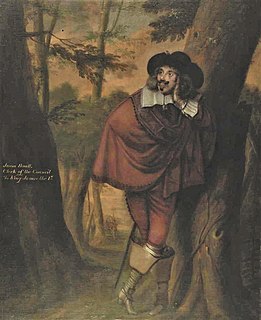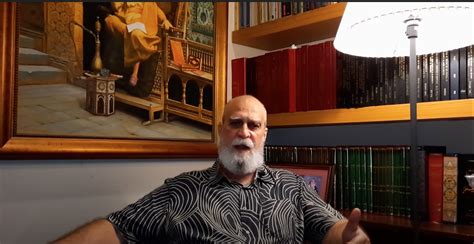A Quote by Lord Byron
The sight of blood to crowds begets the thirst of more, As the first wine-cup leads to the long revel.
Related Quotes
Long ago, during my apprenticeship in the wine trade, I learned that wine is more than the sum of its parts, and more than an expression of its physical origin. The real significance of wine as the nexus of just about everything became clearer to me when I started writing about it. The more I read, the more I traveled, and the more questions I asked, the further I was pulled into the realms of history and economics, politics, literature, food, community, and all else that affects the way we live. Wine, I found, draws on everything and leads everywhere.
O love, whose lordly hand
Has bridled my desires,
And raised my hunger and my thirst
To dignity and pride,
Let not the strong in me and the constant
Eat the bread or drink the wine
That tempt my weaker self.
Let me rather starve,
And let my heart parch with thirst,
And let me die and perish,
Ere I stretch my hand
To a cup you did not fill,
Or a bowl you did not bless.
I see a kind of thirst in her expression, the same one I saw when she told me about her brother in the back room of the tattoo parlor. Before the attack simulation I might have called it a thirst for justice, or even revenge, but now I am able to identify it as a thirst for blood. And even as it frightens me, I understand it. Which should probably frighten me even more.
French wines may be said but to pickle meat in the stomach, but this is the wine that digests, and doth not only breed good blood, but it nutrifieth also, being a glutinous substantial liquor; of this wine, if of any other, may be verified that merry induction: That good wine makes good blood, good blood causeth good humors, good humors cause good thoughts, good thoughts bring forth good works, good works carry a man to heaven, ergo, good wine carrieth a man to heaven.
It is like the thirsty traveller who at first sincerely sought the water of knowledge, but who later, having found it plain perhaps, proceeded to temper his cup with the salt of doubt so that his thirst now becomes insatiable though he drinks incessantly, and that in thus drinking the water that cannot slake his thirst, he has forgotten the original and true purpose for which the water was sought.
Courtesy, like grace and beauty, that which begets liking and inclination to love one another at the first sight, and in the very beginning of our acquaintance and familiarity; and, consequently, that which first opens the door for us to better ourselves by the example of others, if there be anything in the society worth notice




































